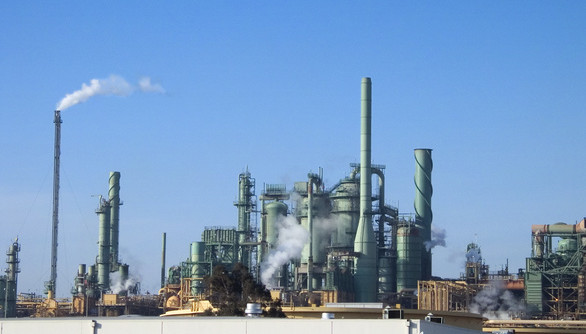There is an abundance of cheap oil around, which translates into cheap energy and gas. Will this have a positive or negative impact?
Lets take a step back:
The world oil supply is artificially high, which is pushing barrel prices to record lows. NYMEX closed at records low last Friday, trading $29.42 a barrel, the lowest price since Feb of 2002. The figure is shocking when considering that the price per barrel hit a high of $143.98 back in July on 2008.
What just happened to exacerbate the situation?
#1) The Iranian embargo that was recently lifted, allowing the world’s 7th largest producer of oil to start selling to large western consumers. Iran is expected to ramp up production to it pre-sanction levels of 4.3 million barrels a day.
Oil minister Bijan Zanganeh said Iran’s return to global markets will be begin with a ramp up of daily production of 1.5 million barrels by the end of 2016. Iran will begin with a 1/2 million barrels immediately, followed by another 1/2 million barrel increase at the start of their fiscal year, in March, and an additional 1/2 million barrel increase by the end of 2016.
2#) To add to the global flood of oil, Congress just lifted a 40 year ban on US exports of domestic crude oil. While it cost way too much produce American oil for it to make since selling in the global market today, the market knows that once oil reaches a certain level another huge supplier will enter the market, which also creates a downward pressure on prices.
Why is oil so cheap?
#1) Some smaller countries with undeveloped economies are wholly dependant on their oil revenue and need to sell anything they have to make their budgets: Venezuela, Nigeria, Ecuador and a few others are suffering and are close to breaking points. Even though every barrel they pump out makes the next a little less valuable, there really have no choice.
#2) Some of the bigger players, who have built up pretty big cash reserves, are pump even if they don’t need to so (Saudi Arabia, UAE). This is being done with the main purpose of shutting down smaller producers with high operating costs, and it’s working. The cost to produce a barrel of shale can be as high as $95, which is clearly a money looser when considering the trading low of about $30/barrel. This has resulted in 40 us producers going bankrupt recently, which appears to be proof the ploy is working.
#3) Old players are getting back in the game of oil exportation; Iran with the embargo lifted and Iraq. Both of these countries has oil that is easy to get to, which means it’s cheap to produce and results in net profit. They both also have economies that use the extra income.
#4) Again US lift of its ban on oil exportation- This is not as big a factor right this moment, because it currently cost more to extract the oil in the US, that what it is trading for. However, the cost of oil must inevitably rise again, and investors know that once priced reach a certain level, American oil will join the mix, increasing supply and driving down the price.
Is cheap oil good?
Cheap oil, and oil in general, is a mixed bag.
Good:
#1) It’s good for the wallet of the consumer, things are cheaper to make and transport, which translated into saving and more spending power.
#2) With more disposable income, people are able to spend more and it stimulates the economy.
Good/Bad:
1#) lots of oil will stay put because it is not worth pulling out of the ground- which is good for the environment. This also gives environmental groups time to block future exploration.
2#) Small producers of oil are going to be pushed out of the business
3#) Everyone uses more energy, gas for cars or otherwise, when it is this cheap.
Bad:
1#) The cheep oil will cause people to use more energy and the increased spending will cause the economy to boom, which will drive up the cost of oil up. The increase in oil priced will have a chilling effect on the economy, causing an economy down turn. (The oil yo-yo)
Oil is complicated- Hope this sheds a little bit of light on the matter.

